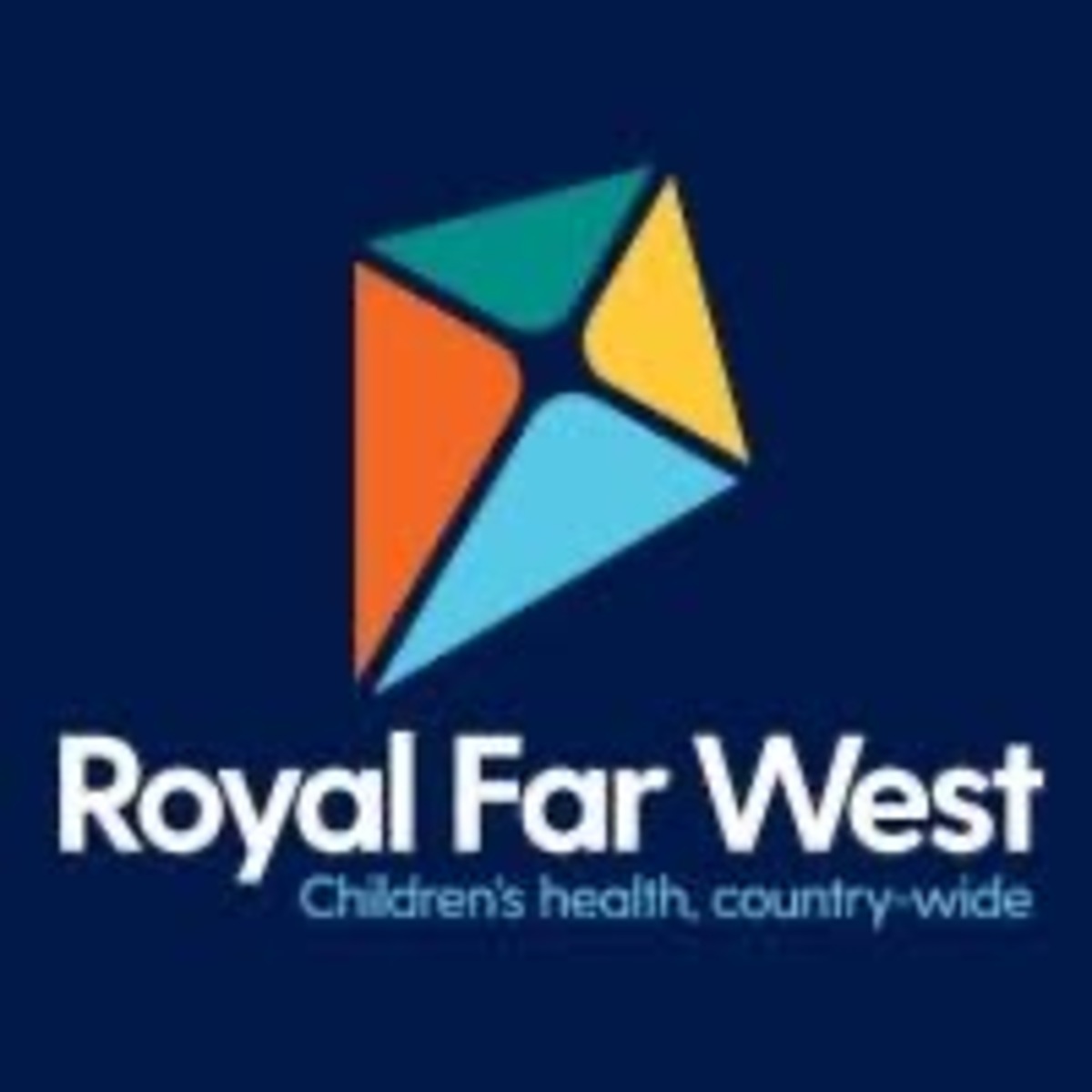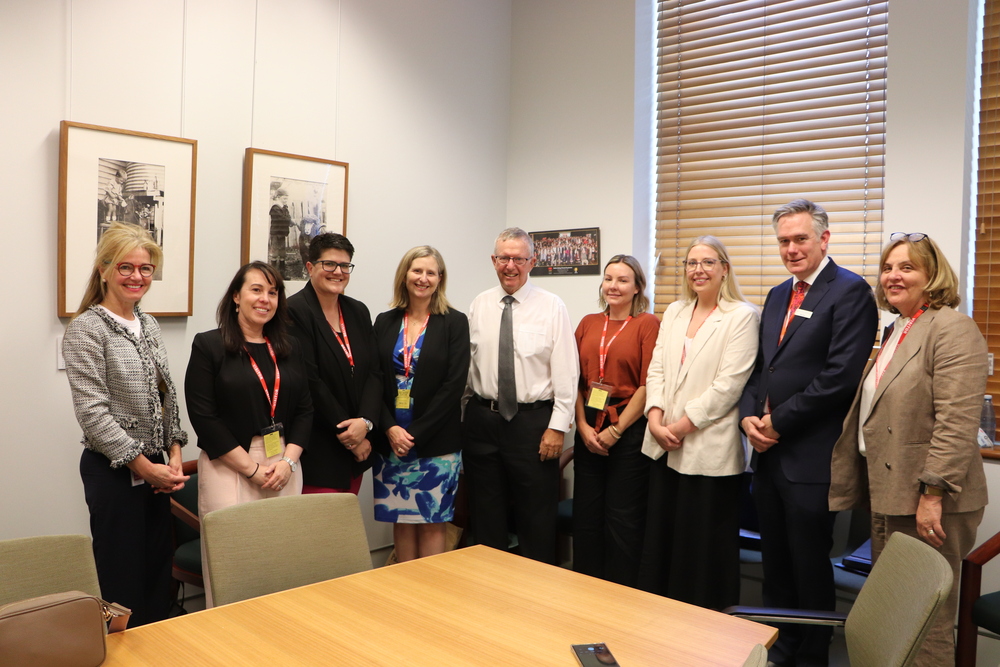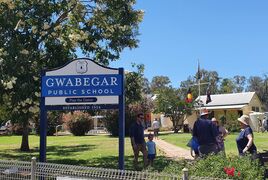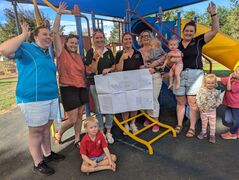Coulton calls for Royal Far West funding
Angie White
03 December 2024, 1:40 AM

Federal Member for Parkes Mark Coulton moved a motion in Parliament last week urging Government to continue funding the Royal Far West’s National Paediatric Telecare Service (NPTS) which is delivering crucial paediatric services to country children through their schools.
Mr Coulton emphasised the vital work Royal Far West undertakes supporting children in the bush and with funding running out in June next year, is worried as there is currently no Federal funding bucket available for this type of program.
“In recent years, it’s become incredibly difficult to access paediatric services if you live in regional Australia,” Mr Coulton said.
“I know many families in my electorate are being forced to wait years to get in to see a specialist and fork out thousands of dollars to travel to access much-needed support for their children.

Federal Member for Parkes Mark Coulton (centre) met with representatives from Royal Far West in Parliament last week, prior to moving his Private Members’ Business motion.
“In 2019, Royal Far West received $19.7 million in funding from the former Coalition Government to establish the NPTS, which is helping to fill this gap in services and enables country children to access the support they need without having to travel.
“The service, which is being delivered in schools across rural and remote Australia, provides children with access to various clinicians including speech pathologists, clinical psychologists, occupational therapists and social workers via Telehealth.
The program is currently being delivered in 143 schools and 56 early learning centres in New South Wales, Queensland, Victoria and Western Australia, with 565 children receiving support each week, and plans to expand to 150 schools if funding is forthcoming.
“Last year, the service supported more than 21,000 children – 20 per cent of which are Indigenous and 50 per cent under eight years old. We all know that the earlier a child can receive intervention, the less likely they are to fall behind in their development. It’s not only filling a gap but helping to Close the Gap,” said Mr Coulton.
“While I understand that Telecare is not a replacement for healthcare, this service is helping to reach a large number of children to ensure they can get the help they need before it’s too late.”
“Royal Far West does a wonderful job in supporting rural children in a practical and meaningful way and this is making a huge difference in communities throughout the country, and I strongly urge the Government to look at providing ongoing funding.”
December will see the charity celebrate 100 years of operating – 100 years of supporting the health and wellbeing of country kids, families and teachers.

Royal Far West Manly
Royal Far West has been working with Narromine Public School for 10 years after the school had concerns about the development of some children starting school, and Mr Coulton says it is a great example of what can be achieved.
“The telecare service was a lifesaver for us,” one Narromine mother told the App.
“Waitlists were long, and this service allowed us to be seen without having to travel hundreds of kilometres, which would have been difficult for our family.”
The RFW organisation was founded in 1924 by Cobar-based Reverend Stanley Gillick Drummond who was recuperating on a beach in Manly and decided the idea of bringing country kids to the coast for respite would be a great plan.
“I can proudly say that its roots are firmly planted in the Parkes electorate,” Mr Coulton said.
“The first lot of children that came in from the country came from places like Brewarrina, Bourke and Cobar.
“Royal Far West has a long and proud history of delivering care to children from remote parts of Australia, largely New South Wales, but it has now expanded into other areas.”



